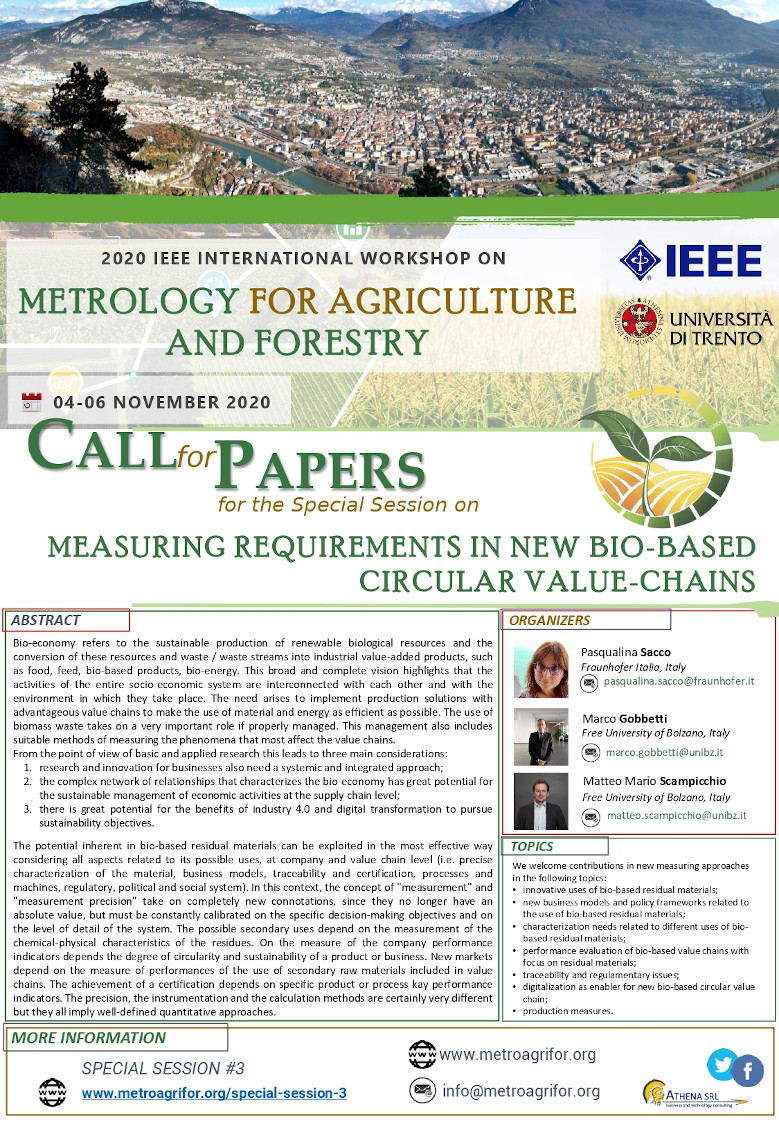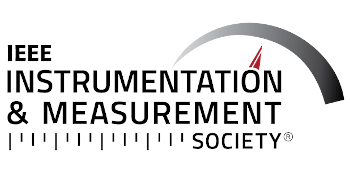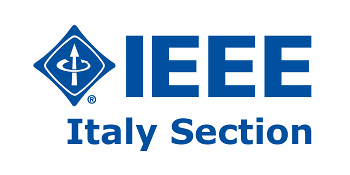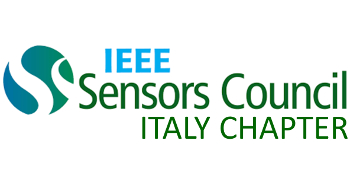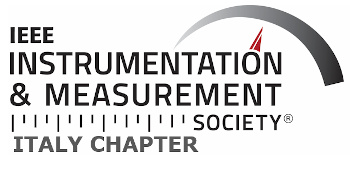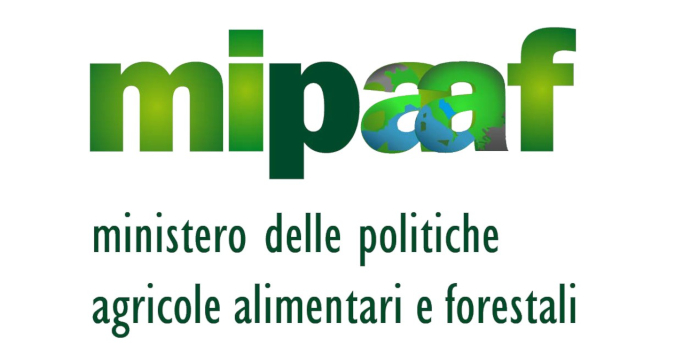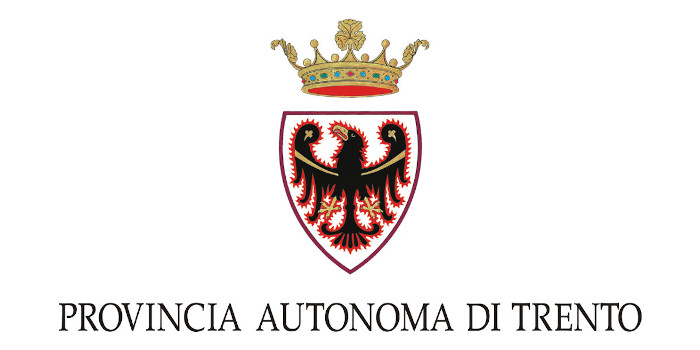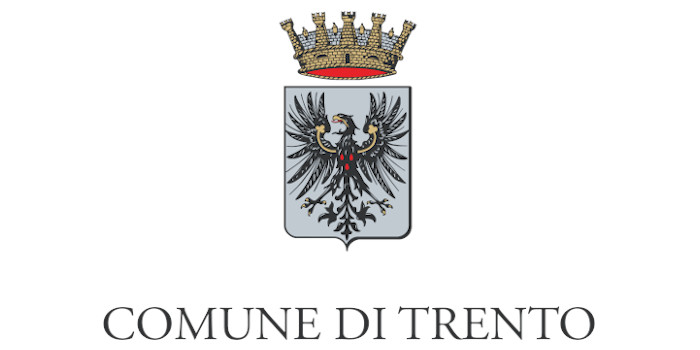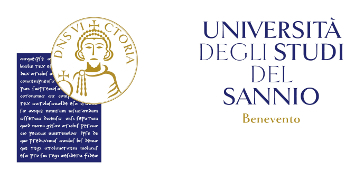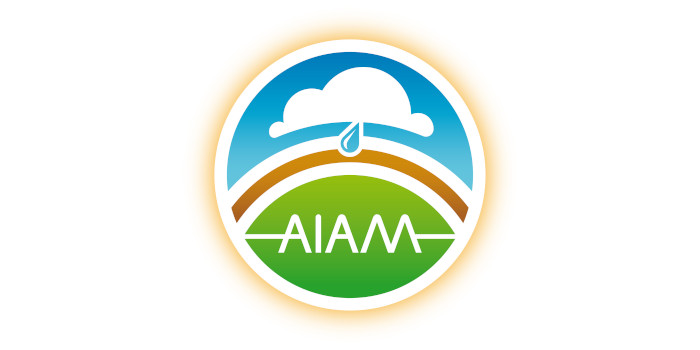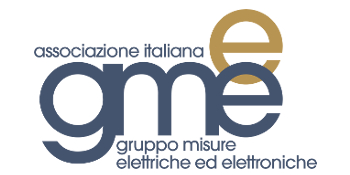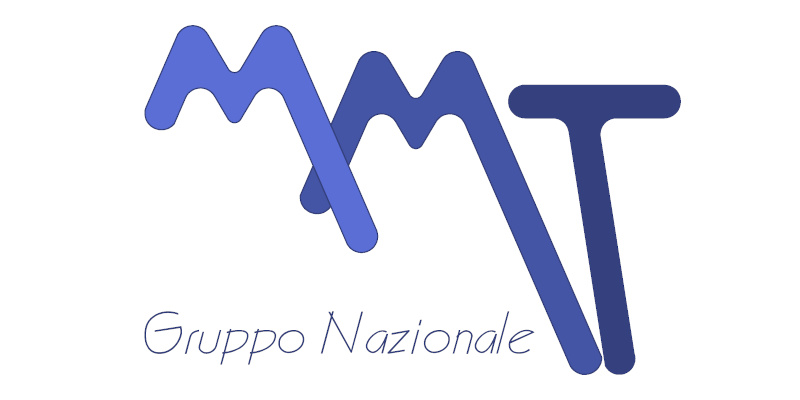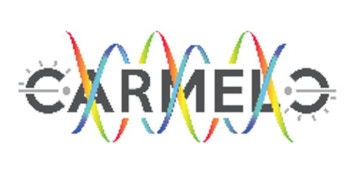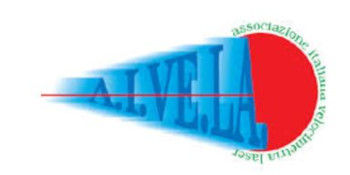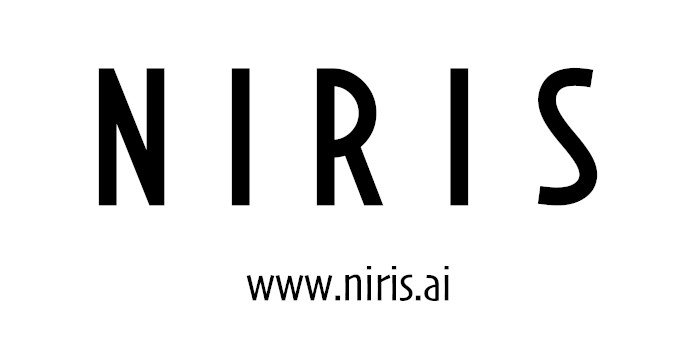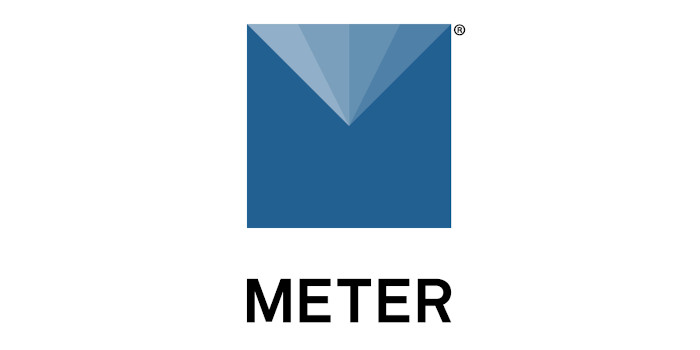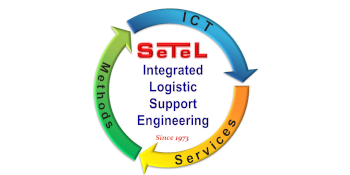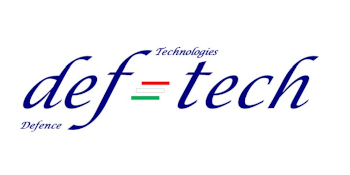Measuring requirements in new bio-based circular value-chains
ORGANIZED BY
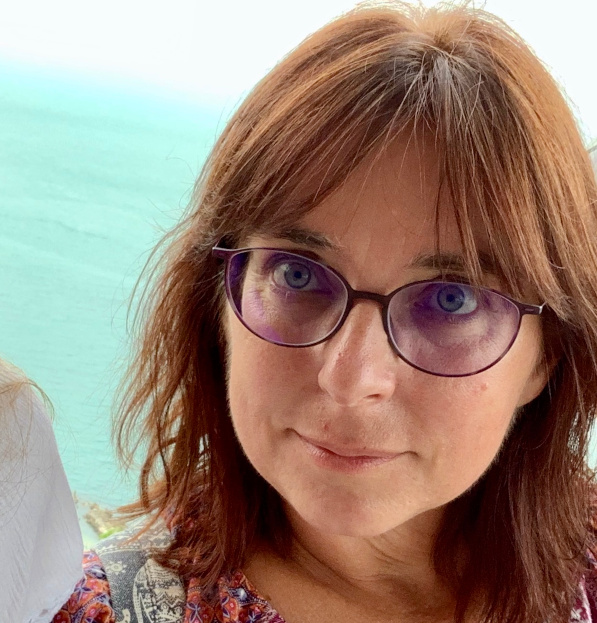
Pasqualina Sacco
Fraunhofer Italia, Italy
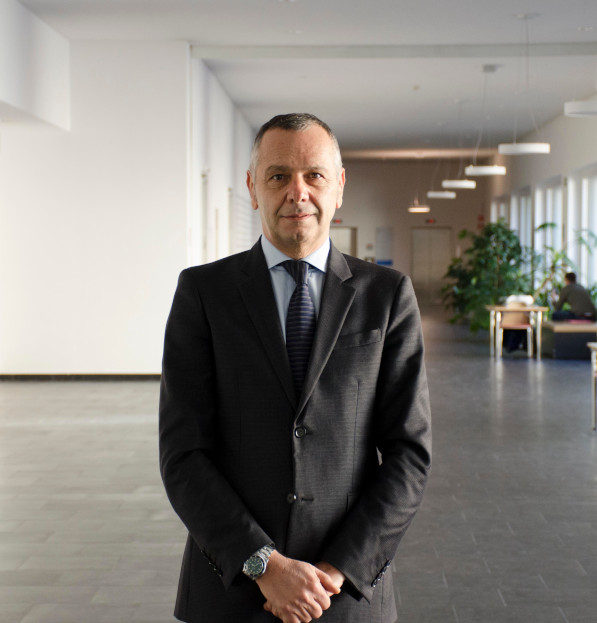
Marco Gobbetti
Free University of Bolzano / Bozen, Italy
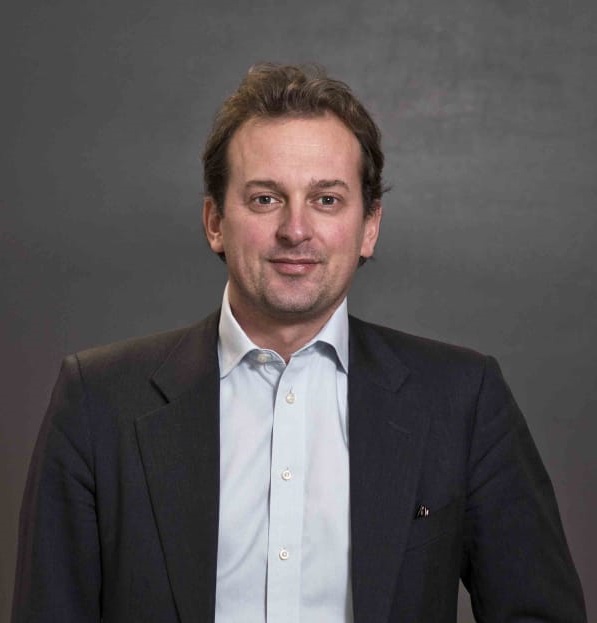
Matteo Mario Scampicchio
Free University of Bolzano / Bozen, Italy
ABSTRACT
Bio-economy refers to the sustainable production of renewable biological resources and the conversion of these resources and waste / waste streams into industrial value-added products, such as food, feed, bio-based products, bio-energy. This broad and complete vision highlights that the activities of the entire socio-economic system are interconnected with each other and with the environment in which they take place. The need arises to implement production solutions with advantageous value chains to make the use of material and energy as efficient as possible. The use of biomass waste takes on a very important role if properly managed. This management also includes suitable methods of measuring the phenomena that most affect the value chains.
From the point of view of basic and applied research this leads to three main considerations:
- research and innovation for businesses also need a systemic and integrated approach;
- the complex network of relationships that characterizes the bio-economy has great potential for the sustainable management of economic activities at the supply chain level;
- there is great potential for the benefits of industry 4.0 and digital transformation to pursue sustainability objectives.
The potential inherent in bio-based residual materials can be exploited in the most effective way considering all aspects related to its possible uses, at company and value chain level (i.e. precise characterization of the material, business models, traceability and certification, processes and machines, regulatory, political and social system). In this context, the concept of "measurement" and "measurement precision" take on completely new connotations, since they no longer have an absolute value, but must be constantly calibrated on the specific decision-making objectives and on the level of detail of the system. The possible secondary uses depend on the measurement of the chemical-physical characteristics of the residues. On the measure of the company performance indicators depends the degree of circularity and sustainability of a product or business. New markets depend on the measure of performances of the use of secondary raw materials included in value chains. The achievement of a certification depends on specific product or process kay performance indicators. The precision, the instrumentation and the calculation methods are certainly very different but they all imply well-defined quantitative approaches.
TOPICS
We welcome contributions in new measuring approaches in the following topics:
- innovative uses of bio-based residual materials;
- new business models and policy frameworks related to the use of bio-based residual materials;
- characterization needs related to different uses of bio-based residual materials;
- performance evaluation of bio-based value chains with focus on residual materials;
- traceability and regulamentary issues;
- digitalization as enabler for new bio-based circular value chain;
ABOUT THE ORGANIZERS
Pasqualina Sacco, Degree in Environmental Sciences at Ca' Foscari University of Venice and Ph.D. in Agricultural Ecology at University of Udine and Univesität für Bodenkultur in Vienna. He has carried out research fellow and teaching assistant at University of Udine and University of Milan. He worked as a freelance consultant for universities and private companies and since 2017 she is a scientific collaborator at Fraunhofer Italia IEC. Her main research topics are related to:
- systems analysis and modeling,
- system thinking,
- multi-criteria and multi-actors evaluation,
- design and prototyping of IT tools for agriculture and environment,
- industry 4.0,
- predictive maintenance,
- precision agriculture and forestry and
- circular economy and sustainability.
She is coauthor of more than 50 printed works, presented in specialized magazines and congresses.
Marco Gobbetti is full professor of Food Microbiology since 2000. Currently, he is employed at Free University of Bolzano, Italy. He is member of the National Committee on Biotechnology, Biosafety and Life Sciences of the Italian Council of Ministers; member of the Advisory Board of the University of Perugia and EU member of the ERC panel LS9. He has been representative of the Italian full professors of Veterinary and Agriculture at the National University Council. As reported by Scopus database (May 2020) he authored 364 scientific articles, with an “h index” of 73 and almost 17,000 citations. During the last decade, most of his articles dealt with the physiology and biochemistry of lactic acid bacteria during food fermentations, human gut microbiome.
Matteo Scampicchio is full professor of Food Technology at the Free University of Bolzano (Italy) since 2018. Previously, he received his Msc Degree in Food Sciences and Technology (2001) and Ph.D. in Food Biotechnology (2004) at the University of Milan. In 2010, he joined the Free University of Bolzano as Associate professor. He is currently teaching Food Technology, Food Chemistry, Fruit Processing and Reaction Kinetics in Food Processing. He is author or co-author of 118 scientific articles, with an “h index” of 25 and almost 2,000 citations. His main research interest deals with the valorization of food by-products through “green” extraction technologies and the analysis of the extracts to inhibit or retard oxidation reactions.


